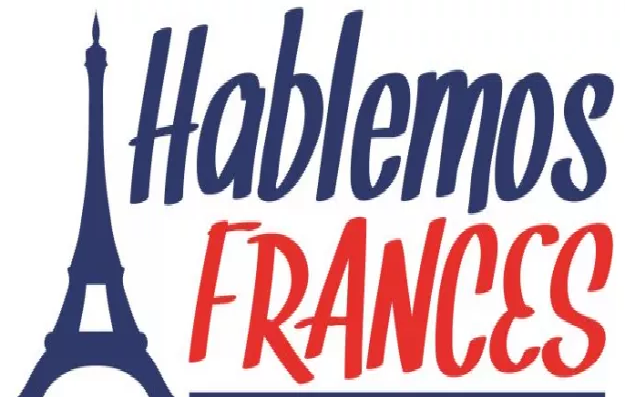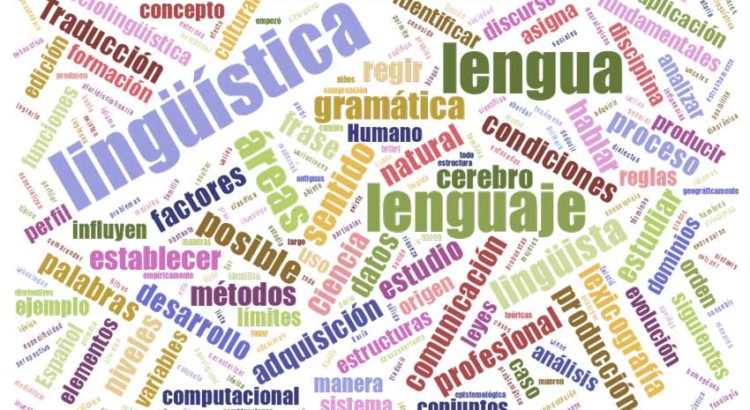Por: Russell Smith
The aged linguist and activist Noam Chomsky is suddenly back in the news, not because of his political pronouncements, but because of the highly technical linguistic theories he enunciated more than 50 years ago.
We are all talking about universal grammar again. Why are these theories back in the news? Because a flamboyant and also aged journalist and novelist named Tom Wolfe has attacked them in a recent book. Why has Wolfe decided to attack Chomsky’s late-1950s linguistics now? That we will never know for sure. But it’s a great excuse to talk about linguistics.
The media work in strange ways. I am loath to reveal some of our more embarrassing secrets, on the principle that the general public does not want to know exactly what is in a hot dog, but these do help to explain the torrent of Chomsky articles right now.
See, a basic concept in journalism school – especially in classes where opinion columns are taught – is that of a “peg.” A peg is the story in the news that makes your idea relevant. Opinions are supposed to follow from news – from pegs – but columnists with a hobby horse to ride will often reverse the process: Desirous of exploring a pet theory of theirs, they will seek a peg for it. If I want to talk about Chomsky’s universal grammar and its opponents, for example, I peg it to Wolfe’s new book. And writers always want to talk about linguistics – more than the general public does, usually.
Wolfe’s new book, The Kingdom of Speech, is not even primarily about Chomsky, but it is being billed as an attack on him. It promises, the personality-driven media say, an epic bitter political duel with plenty of insults in either direction. (“A row that promises to be the literary spat of the season,” The Guardian crowed.) In fact, the book is an attack on the theory of evolution, of which Chomsky is merely the linguistics-department representative.
More daringly, Wolfe is attacking Charles Darwin, in amusingly withering language, as a non-scientist who didn’t do enough field work and created a purely intellectual theory full of gaping holes in practice. (This is one of Wolfe’s idées fixes – in his writing on the failings of contemporary American fiction, he has railed against the failure of authors to do journalistic research – their field work – on real-life milieux.)
But Darwin is not alive, so the media are more interested in the part of the book that deals with someone who might actually be offended. Chomsky is targeted as part of the Darwinian cabal because his widely respected theory on language as an innate human characteristic – “universal grammar” – purports that human language is a part of evolution; it is a biological trait that has evolved with us. But it is also clear from the ad hominem attacks on Chomsky as an activist – attributes entirely irrelevant to linguistic theory – that Wolfe’s opposition to the linguist is very broadly ideological. He just doesn’t like Chomsky – the person, and everything he stands for.
To counter Chomsky’s theory, he adduces the well-known work of a linguist and anthropologist, Daniel Everett, who argued more than 10 years ago that the odd language of an isolated tribe in the Amazon jungle, the Pirahã, disproved Chomsky’s idea of a universal grammar.
If Wolfe has just discovered this controversy, he is not very interested in linguistics. Everybody knows about it. It was the subject of a lengthy and quite technical New Yorker article. I myself hosted a radio documentary on the CBC about it in 2006. And everybody who knows about it knows that the matter is far from settled. There were serious problems with Everett’s research and universal grammar purists are still not convinced that the language he described is truly so idiosyncratic or that the exception it demonstrates is enough to destroy the larger theory. Chomsky has addressed it and done a pretty good job of defending himself.
What is more interesting than the Pirahã dispute is the fact that new opposition to the universal grammar theory has arisen in the meantime from quite another quarter: the field of developmental psychology, where scientists studying very young children say they learn language in roundabout ways that don’t quite support Chomsky’s theory of a natural and universal acquisition. This long, nuanced and highly technical debate – most of it utterly unreadable to lay readers – is possibly a more serious challenge to universal grammar than the Pirahã were, but it does not surface in Wolfe’s book or in any of the media attempts to make a colourful clash of ideologies or personalities out of this.
(A recent article in Scientific American, “Evidence Rebuts Chomsky’s Theory of Language Learning,” by Paul Ibbotson and Michael Tomasello, the two most vocal proponents of the psychology-based approach, does its best to explain in non-technical terms the “usage-based” theory of language acquisition, but it is still pretty dense stuff. It does not mention Tom Wolfe.)
Wolfe is a reporter and an entertainer, an opinionated raconteur rather than a scientist, and that is why we will always report on his jocular provocations. And if they serve as an excuse to explain what universal grammar was in the first place – as it has done – then Chomsky should be thrilled.
What Wolfe’s peg was for this broadside, a journalist can only speculate. See, the media are weird. There is often no clear reason for anything to be splashed across your headlines for a few days at a time – and then vanish again for 50 years.
Tomado de: http://www.theglobeandmail.com/arts/books-and-media/universal-language-and-the-strange-cyclical-nature-of-the-news/article31904271/









 Users Today : 26
Users Today : 26 Total Users : 35460235
Total Users : 35460235 Views Today : 31
Views Today : 31 Total views : 3418926
Total views : 3418926